Mercedes Repair Certification: Protecting Resale Value at Every Turn
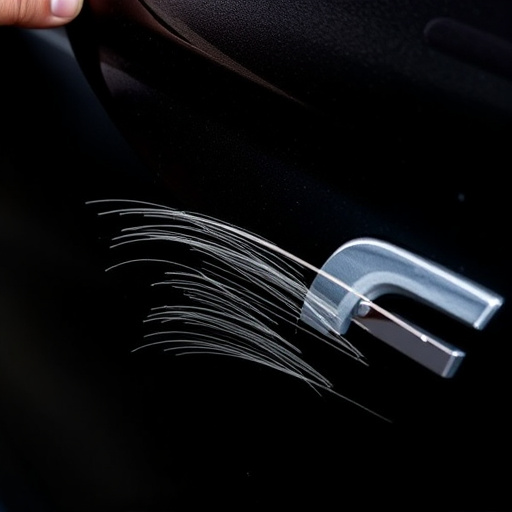
Mercedes repair certification ensures specialized knowledge and adherence to strict quality standard…….
Welcome to an in-depth exploration of a crucial aspect of the automotive industry—Mercedes repair certification. This article aims to guide you through the intricacies of this specialized field, highlighting its global impact, technological advancements, and the challenges it faces. By delving into these topics, we will uncover why Mercedes repair certification is not just a process but a testament to quality and innovation in vehicle maintenance.
Definition:
Mercedes repair certification, at its core, refers to a comprehensive program designed to educate, train, and certify technicians in the intricate art of repairing Mercedes-Benz vehicles. It is a rigorous process that ensures professionals possess the knowledge and skills to handle complex repairs, maintenance, and diagnostics for this prestigious automotive brand.
Key Components:
Historical Context:
The Mercedes-Benz brand, renowned for its luxury and engineering excellence, has always prioritized maintaining high repair standards. The certification program evolved from the need to standardize repairs and ensure customer satisfaction. Over the years, it has become a global benchmark, influencing best practices in the automotive industry.
Mercedes repair certification holds significant international influence, shaping the skills and standards of technicians worldwide. Here’s how:
Global Standardization: The program provides a uniform framework for training, ensuring that Mercedes vehicles receive consistent quality care across borders. This standardization is especially crucial in an era where global automotive supply chains are common.
Regional Variations: While the core curriculum remains consistent, certification bodies adapt programs to regional needs and preferences. For instance, certain regions may focus more on off-road or extreme weather conditions, reflecting local driving environments.
Tech Transfer: As Mercedes expands its global presence, the certification program facilitates the transfer of technical expertise to new markets, ensuring local technicians can service the brand’s vehicles effectively.
Trends Shaping the Future:
The Mercedes repair certification market is a vital component of the broader automotive aftermarket sector, which includes spare parts, maintenance, and repair services.
Market Dynamics:
Investment Patterns:
Technology plays a pivotal role in shaping Mercedes repair certification, enhancing both training methods and the overall vehicle maintenance experience.
Key Advancements:
Advanced Diagnostics: The use of sophisticated diagnostic tools allows technicians to identify issues with precision, reducing the time needed for repairs and increasing customer satisfaction.
Online Databases: Access to extensive online databases provides certified technicians with instant solutions, making them more efficient in troubleshooting complex problems.
Remote Monitoring: Technologies like telematics enable real-time monitoring of vehicle performance, helping predict maintenance needs and enhancing preventive maintenance practices.
Future Potential:
The Mercedes repair certification process is subject to various policies and regulations that ensure quality, safety, and consumer protection.
Key Frameworks:
Influence on Certification:
Despite its many achievements, Mercedes repair certification faces several challenges that require strategic solutions.
Main Challenges:
Skill Obsolescence: With rapid technological advancements, keeping up with the latest tools and techniques is a constant struggle, requiring continuous training updates.
Geographic Access: In remote areas, accessing quality training can be difficult, leading to a skilled labor shortage. Online learning solutions offer partial relief but may not replicate hands-on training.
Certification Costs: High certification fees can be a barrier for individuals seeking credentials, potentially limiting diversity in the workforce.
Proposed Solutions:
Let’s explore a few case studies that highlight the practical application of Mercedes repair certification and its impact on both technicians and vehicle owners.
Case Study 1: Germany’s Master Technician Program
Case Study 2: Remote Training Success in Australia
Case Study 3: Eco-Friendly Certification in Scandinavia
The Mercedes repair certification landscape is poised for exciting developments as technology and global trends continue to evolve.
Potential Growth Areas:
Emerging Trends:
Strategic Considerations:
Mercedes repair certification stands as a testament to the commitment to excellence in the automotive industry. Its global reach, continuous evolution, and ability to adapt to technological advancements solidify its position as a cornerstone for maintaining Mercedes-Benz vehicles. As the industry navigates an era of rapid change, this certification program will continue to play a pivotal role in shaping the future of vehicle maintenance, ensuring that only the most skilled technicians service these iconic machines.
Q: What qualifications do I need to become a Mercedes repair technician?
A: To become a certified Mercedes repair technician, you typically require a high school diploma or equivalent. However, many employers prefer candidates with formal training in automotive technology or related fields. Completion of a Mercedes-Benz approved certification program is highly beneficial and often mandatory.
Q: How often do I need to recertify my skills?
A: Recertification intervals vary by region and specific certification body but generally range from 2 to 5 years. It ensures that technicians stay updated with the latest industry standards and technologies.
Q: Can I learn Mercedes repair without formal training?
A: While it’s possible to learn basic vehicle maintenance, formal training provides a structured approach, ensuring you acquire the necessary skills and knowledge. Certified technicians are better equipped to handle complex repairs and diagnostics.
Q: How does global standardization impact local repair shops?
A: Global standardization ensures that all certified technicians worldwide adhere to consistent quality standards. This benefits local repair shops as it allows them to compete with larger, multinational service centers while maintaining the same high standards.
Q: What role does technology play in modern Mercedes repairs?
A: Technology has revolutionized modern Mercedes repairs. Advanced diagnostic tools, specialized software, and remote monitoring systems enable technicians to work more efficiently and accurately. These technologies are integral parts of the certification training programs.

Mercedes repair certification ensures specialized knowledge and adherence to strict quality standard…….
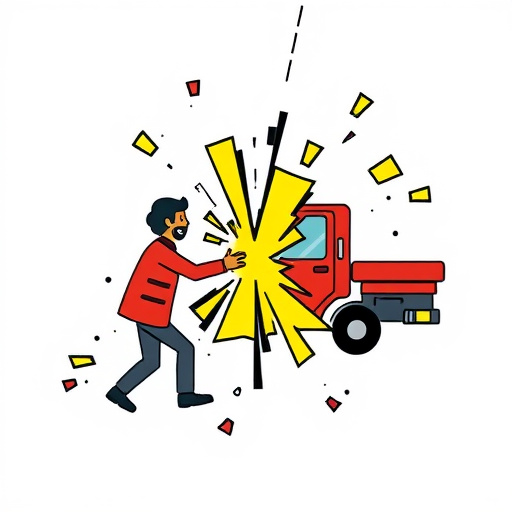
Mercedes repair certification ensures top-tier service quality for Mercedes vehicles through strict…….

Mercedes repair certification programs equip automotive professionals with expertise in electric veh…….
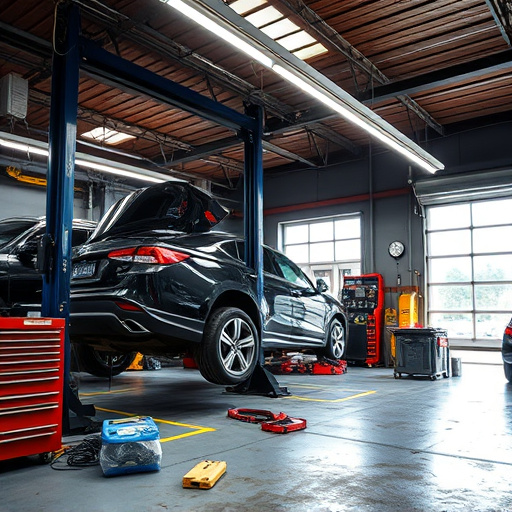
Mercedes repair certification programs equip technicians with advanced skills for complex repairs on…….
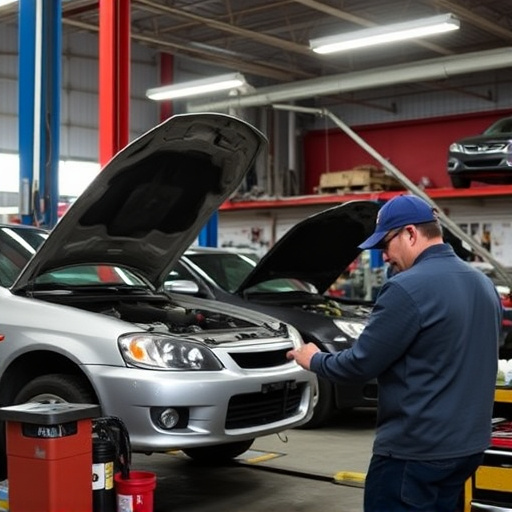
Mercedes repair certification is crucial as the automotive industry shifts towards electric vehicles…….

Mercedes repair certification ensures high-quality, precise repairs meeting brand standards. Strict…….
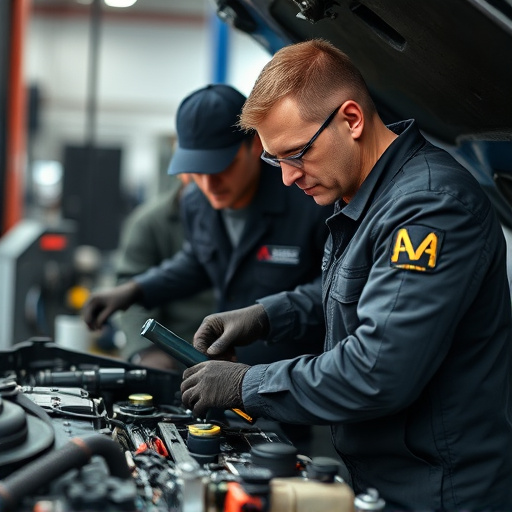
The Mercedes Repair Certification program equips auto body shops with the expertise to deliver excep…….

Mercedes repair certification equips automotive professionals with advanced skills in servicing and…….
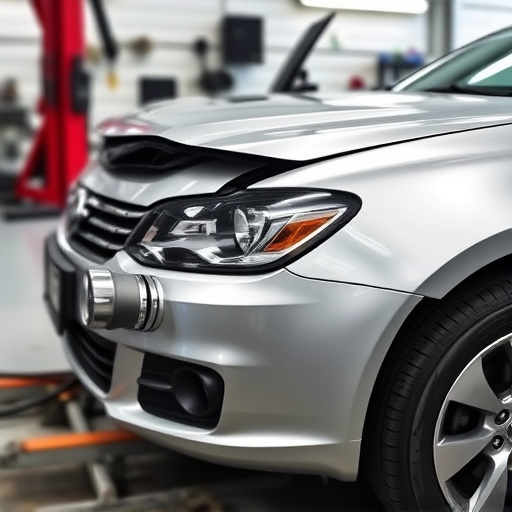
Mercedes repair certification is a milestone for automotive technicians specializing in Mercedes-Ben…….
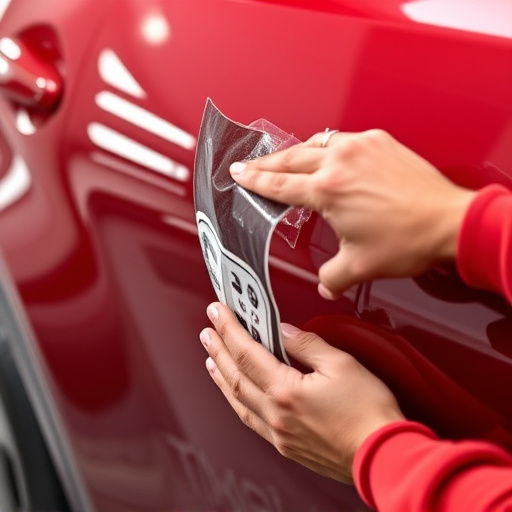
Mercedes repair certification programs set industry standards for luxury vehicle repairs, ensuring a…….